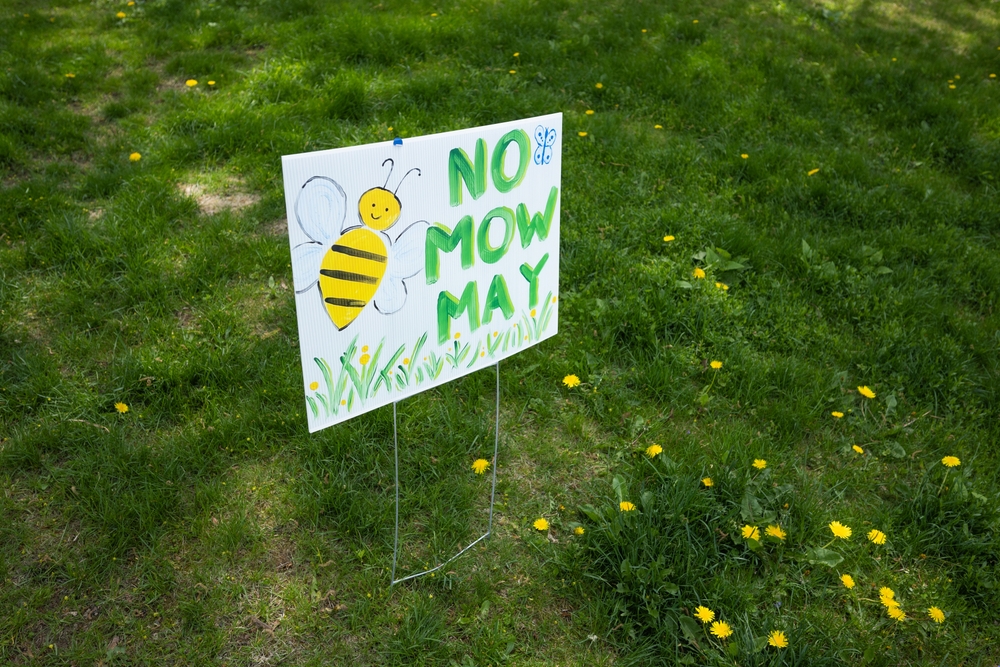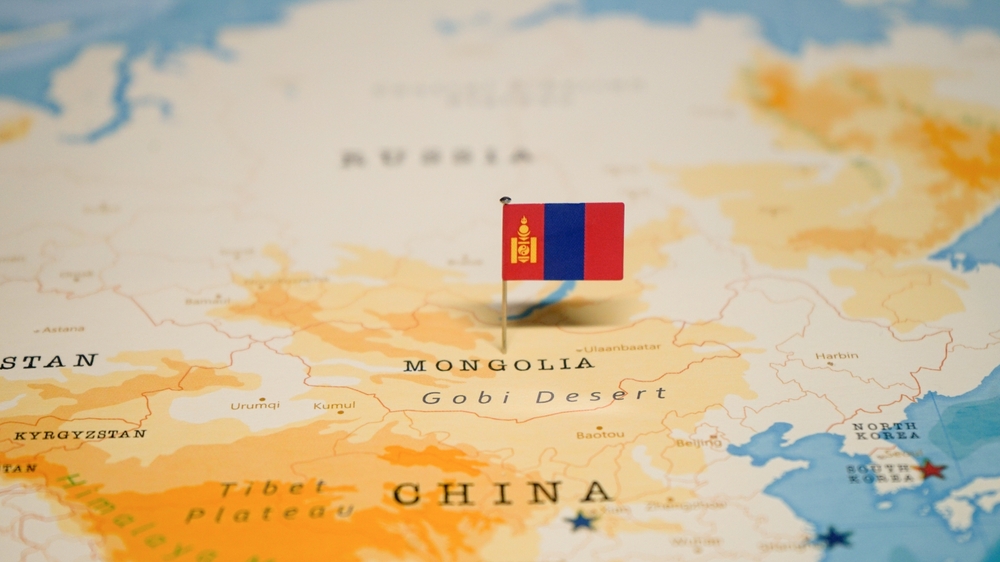Pakistan’s leading rock star writes songs about love and reconciliation. His embrace of social causes has invited comparisons with Bono. But many mullahs want to ban his music. Marco Visscher meets up with Salman Ahmad, the first rock legend in the Muslim world. Will he show that music can be more effective than diplomacy in making peace?
Marco Visscher | October 2006 issue
Salman Ahmad was 14 when he attended his first rock concert in 1977. Rock was a little-known phenomenon in Pakistan, where he lived until moving to New York at age 11. Everyone in his family considered it strange. But Ahmad was determined to go to a Led Zeppelin concert. Nearly 30 years after that show, Ahmad still remembers it vividly: “We enter the venue and through a haze of smoke, I see all those long-haired freaks with flowers in their hair. Then the lights go down and an almighty roar comes out. A guy appears on stage with long hair and a two-headed guitar with dragons painted on his pants, playing ‘Stairway to Heaven.’ I must have been watching this guy, Jimmy Page, the whole night. I knew for sure that I wanted to be like him.”
He bought a guitar and spent hours in his room every day jamming with Led Zeppelin, Jimi Hendrix, Santana and Pink Floyd records. He listened to the solos at a slower rpm so he could hear every last note. And he played and played, to the point that his fingers bled onto the strings.
He drove his mother nuts.
Fast forward to Joe’s Pub, a Manhattan music club, in the summer of 2006. The man onstage has long hair, pants in a wild print pattern, a double-neck guitar. It’s Salman Ahmad of course. Together with his band he’s performing hits released by Junoon. With 25 million albums sold, Junoon, which Ahmad formed in 1990, is the most popular rock group ever to emerge from South Asia. Ahmad is also playing songs from his successful 2005 solo album Infiniti, the first Pakistani rock album (in Urdu!) to be carried by iTunes.
Until Junoon’s soaring guitars and politically tinged lyrics, Pakistani audiences were used to polite songs about romance and love for their country. The government, accused of corruption in a few of the songs, prompted Junoon’s music to be banned from radio and television. But a song criticizing the nuclear-arms race between Pakistan and India went to No. 1 in India. Junoon (Urdu for both “passion” and “obsession”) was awarded UNESCO’s Award for Outstanding Achievements in Music and Peace in 1999.
But since its album Dewaar, released in 2003, received poor reviews, Junoon has taken a break. In the meantime, along with his solo career, the 43-year-old Ahmad has been appointed by the UN as a Joint United Nations Programme on AIDS (UNAIDS) global ambassador—which led to his hit single “Al-Vida.” The penetrating lyrics of the song describe Shukriya Gull, a woman from Lahore, Pakistan, stigmatized by those close to her when she became infected with the AIDS virus. But instead of succumbing to the criticism, Gull became an outspoken AIDS activist. The song became a hit on MTV India and went to No. 1 on MTV Desi, the music channel for Indians, Pakistanis and Bangladeshis living in America.
The crowd at the intimate Joe’s Pub is made up mainly of Asian immigrants. They clap and sing along enthusiastically. Ahmad is a raging success in South Asia; he can’t walk down the street there without being recognized. And Western music fans are starting to discover his talents—in part because he is often compared with Bono, with whom he shares a penchant for social activism. Ahmad, flattered, shows off a letter he received from the U2 icon: “Just wanted to write you a quick note to say how much we here in the rest of the musical world appreciate what you are doing in your own region for peace. … You’re a great man.” The letter is signed: “Your fan, Bono.”
Ahmad, like Bono, is a musician with a mission. He’s a bridge-builder. In his native Pakistan, he does what he can to stimulate the dialogue between the traditional Islamic community and the more moderate modern Muslims. And in his other homeland, the United States, he is continually in contact with Americans who are afraid of the next terrorist attack.
When at the age of 18, he returned from the U.S. to Lahore, Pakistan, to study medicine at the prestigious King Edward Medical College—following his mother’s wish—Salman Ahmad couldn’t have imagined he would become a music star and leader of Pakistan’s most sensational rock group.
“There was a talent show,” Ahmad says, remembering his first few days at the university. “I knew how to play the guitar and I knew a guy with a drum set. We would play Van Halen’s ‘Eruption’ and at the end of the song I would break my guitar, just like a real rock star. As soon as we were onstage, there was an almighty noise, and I thought Wow, all these people like this gig! It turned out that the Jamiatis [students from a militant Islamic political party] had come in screaming ‘Obscenity!’ They climbed on the stage, took all the instruments and smashed them. And I thought What the hell is this? They’re stealing my act!”
He has probably told that story many times. But during our lunch at Trattoria del’Arte outdoor café in the heart of Manhattan—a half-hour drive from Ahmad’s house in suburban Tappan, New York, where he has lived since leaving Pakistan again in 2002—he manages to relate the anecdote with fresh enthusiasm. He even adds, as if it’s the most ordinary thing in the world, that he was warned afterward that there might be a sharpshooter in the crowd at his next performance. Ahmad never cancelled an appearance. He felt the music inside him had to come out.
Pakistan had changed drastically since Ahmad’s father was transferred to New York to work for Kuwaiti Airlines. When the family returned—after Salman had finished high school—General Mohammad Zia-ul-Haq was president. He had replaced the constitution with the sharia, Islamic law. Pop music had been outlawed; only religious songs were tolerated. There were no concerts, there was no music on the radio or television; tapes and albums weren’t sold anywhere.
“When I discovered they had put a ban on music,” Ahmad says, “that was a turning point in my life. If music is such a danger to these people, if it means for them that they can go and kill someone, I realized I needed to do more of this.” After finishing his medical degree, he never picked up a stethoscope. He used the guitar instead to help heal his country. Music became his medicine.
The mullahs in Pakistan justified the ban, saying that the Quran forbids music, that it can only lead to obscene and vulgar behaviour. But when Ahmad carefully reread the Quran in search of passages denouncing music, he found none.
After General Zia-ul-Haq was killed in a plane crash in 1988, the laws in Pakistan were relaxed. This wave of democratization led, among other things, to music being played again on radio and television. Ahmad joined Vital Signs, Pakistan’s first notable pop group, as a guitarist. In 1990 he left the band and created Junoon so he could play harder rock along the lines of Led Zeppelin and Jimi Hendrix. His band became successful only years later, when it created its own distinctive sound, a mix of electric rock and Pakistani folk music, with lyrics based on verses from the Quran or the works of Sufi poets. This new blend of rock ’n’ roll, poetry and spirituality became a resounding success.
But a number of years later, Ahmad received a letter from an Islamic scholar telling him he was “on the path to damnation.” He and all his fans would burn in hell if he continued to make music. Ahmad saw in this letter a clear sign that extremist Muslims were once again gaining ground in Pakistan. He decided to tackle the issue head-on with a documentary film, The Rock Star and the Mullahs, filmed as Ahmad travelled through Pakistan speaking with religious leaders. “Unless you confront these critics directly, there’s always going to be a sense that it’s not right what musicians do.”
In the documentary, aired by the BBC and other channels, one mullah is seen making jokes about Ahmad’s long hair and sinful fans. After spending two and a half hours together, they say goodbye, and to Ahmad’s amazement, the mullah begins to sing. “He was singing a religious song, perfectly in key. It totally blew me out! When the cameras went off, he told me he was a singer and a dancer when he was young. And then I realized: This man is afraid of losing his gig! The mullahs are just hungry for an audience. They want people to listen to them, not to the musicians.”
Although current Pakistani President General Pervez Musharraf is an outspoken fan of Junoon and has even joined the band onstage, there continues to be a ban on music in the northern part of the country. But something has definitely changed: Ahmad has paved the way for other musicians. Rock music enjoys large audiences, and MTV Pakistan, which primarily plays rock in Urdu and Punjabi, is a very popular satellite channel that falls outside national and local laws. And the number of Pakistani bands that continue to make music despite condemnations from the extremist community is rising.
Yet music is exactly what the world needs, Salman Ahmad hastens to add, as we leave the restaurant in New York. This was recently reaffirmed for him at a meeting of the United Nations focused on AIDS. He sees an important role for the UN because he feels the organization embodies the idea that borders are obsolete. Ahmad is a citizen of the world who realizes that modern challenges like AIDS and terrorism are not limited to geographically defined areas. World problems can only be solved if countries work together—in other words, when peace is more prevalent.
And music is an important tool to bring us closer to peace, says Ahmad. “I think we should be seeing each other with the heart. For a musician, it comes easy to communicate from the heart. I’m convinced that every human being has the opportunity to see other people with the heart. If you are in touch with your heart, you’ll see all the masks fall down. You’ll notice that national borders don’t mean anything; nations are manmade.
“The Sufis teach us that mankind is one. I’ve experienced that music can bridge any gap. While clergy can divide people, music is something everyone can connect with. Music is a universal language. It’s the soundtrack to peace.”
Salman Ahmad’s music can be heard via www.isufirock.com.











